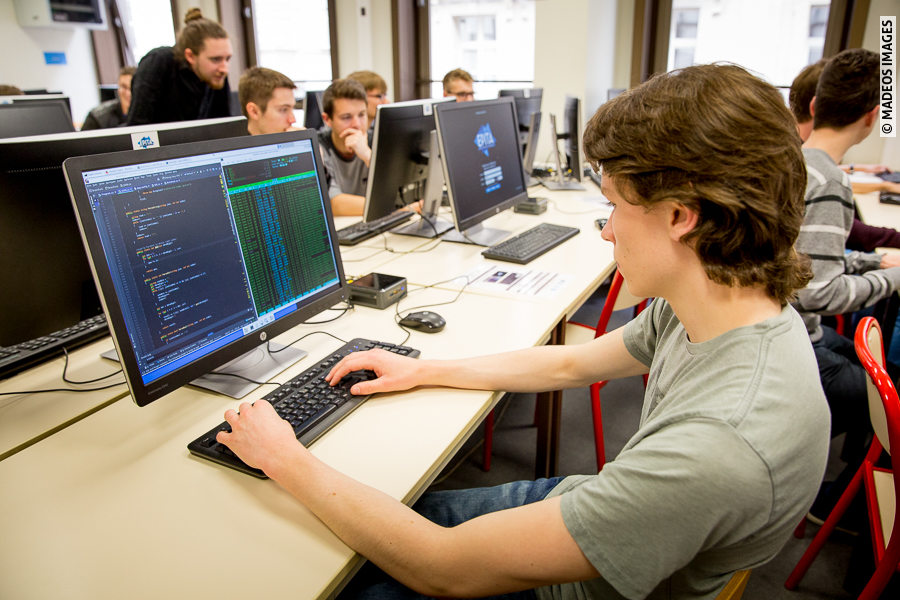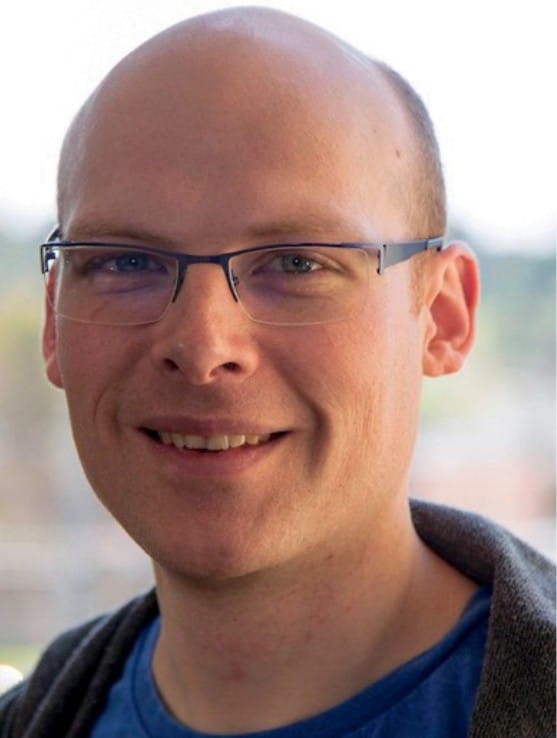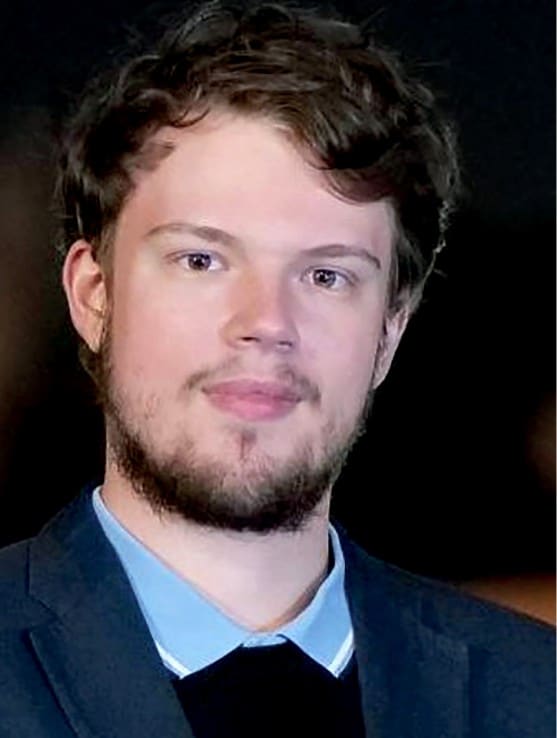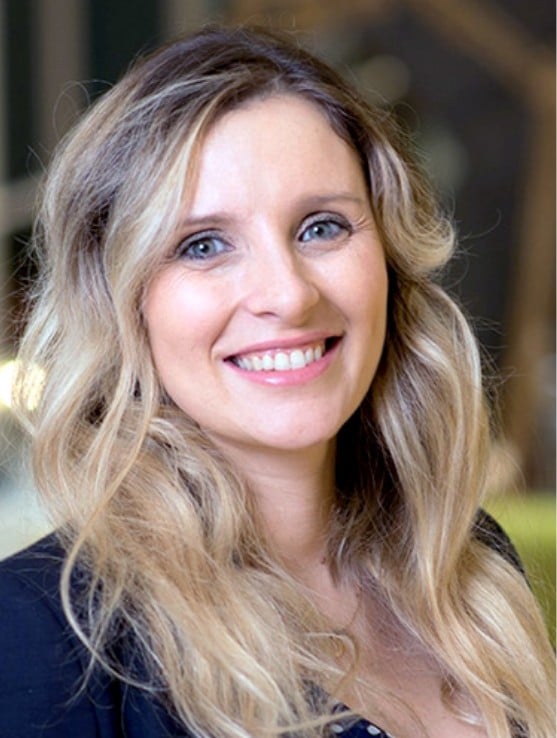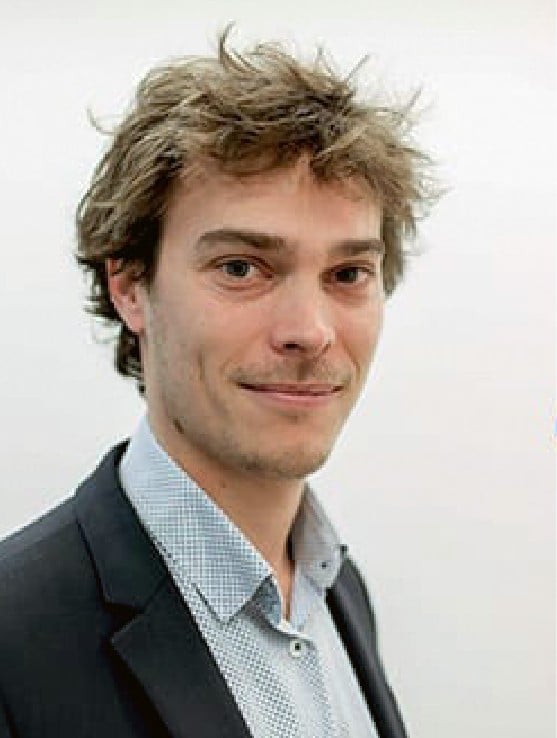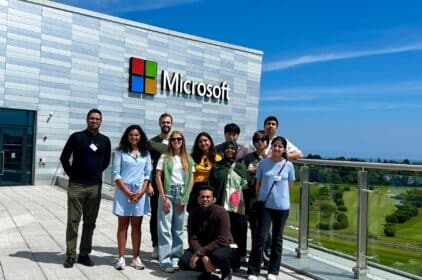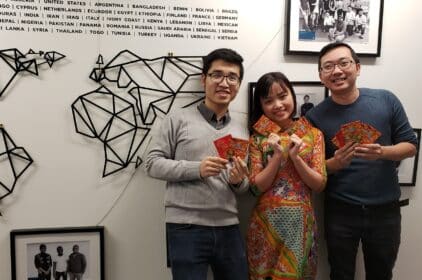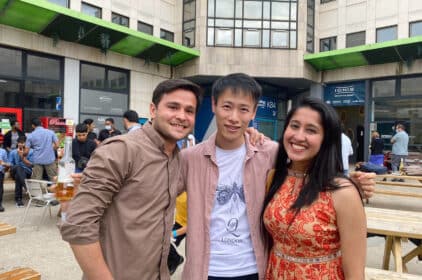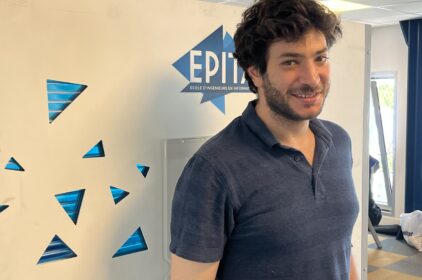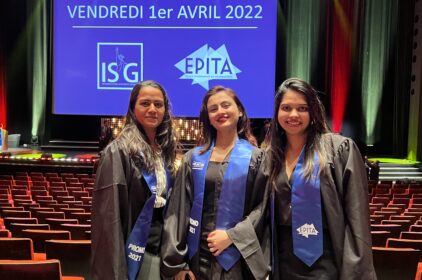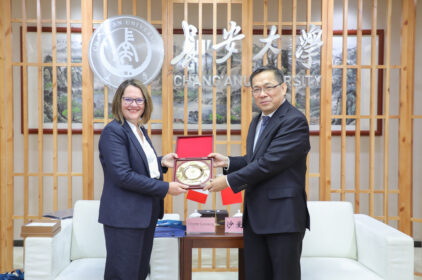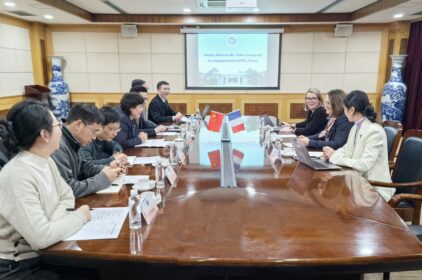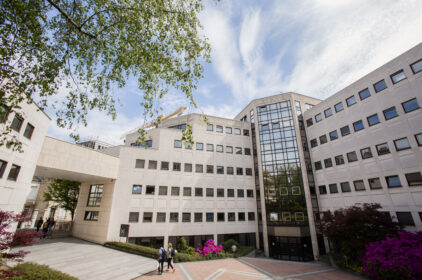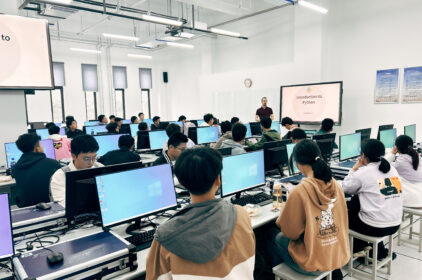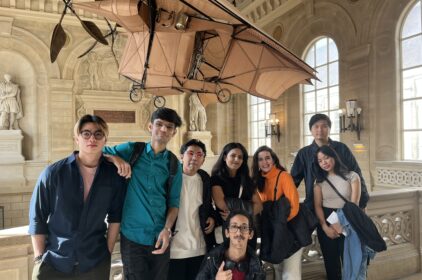Computer Science,
A passion
A school: EPITA
Apply now to join EPITA’s programs
Why join EPITA ?
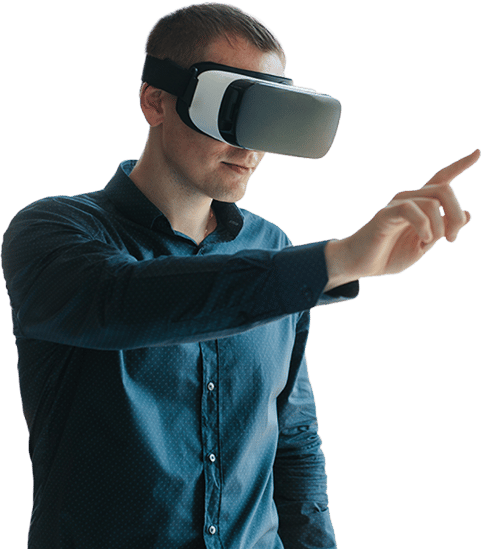
EPITA, the Engineering school in Computer Intelligence
Since its creation in 1984, EPITA has been the leading school for Computer Science engineers in Paris.
It prepares students with a passion for engineering to build the world of the future.
All our programs
Campus life
The EPITA experience in Paris
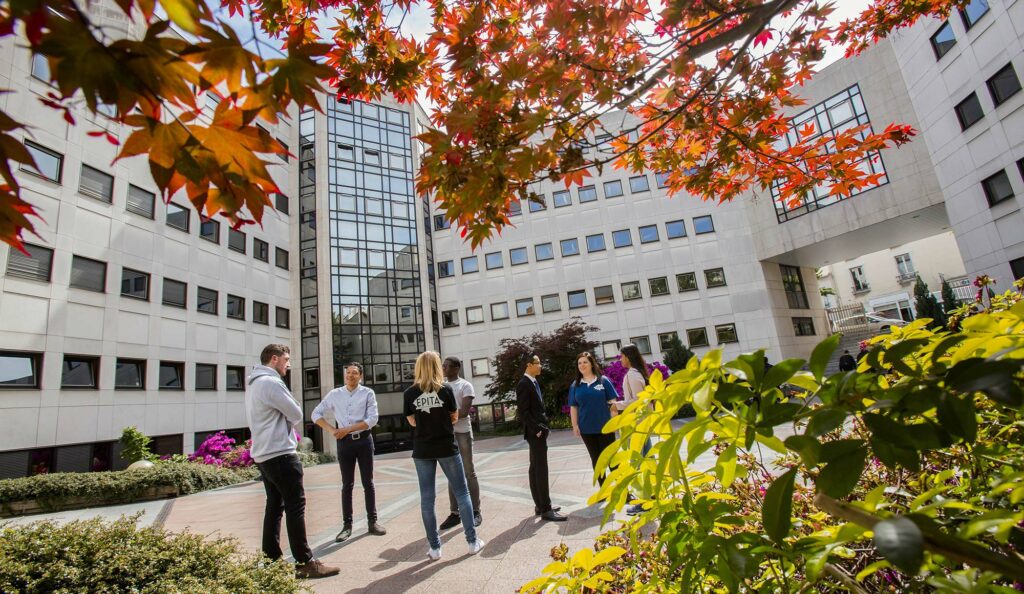
While EPITA is present in 5 cities in France, the international students are welcomed on the Paris campus, accessible 24/7, for an amazing student experience.
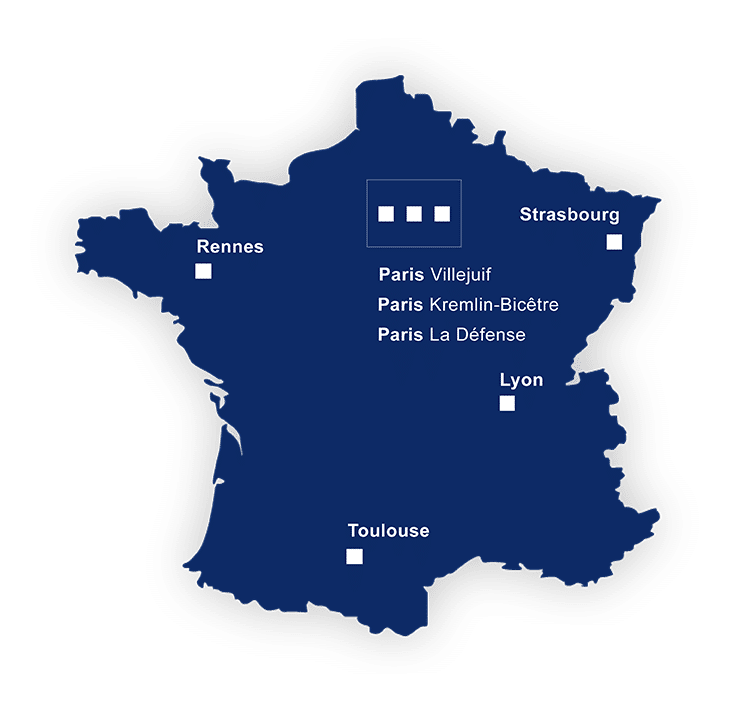
Come and join us at EPITA
The future will be shaped with EPITA
Discover
The domains
The jobs
Latest News
EPITA is waiting for you

